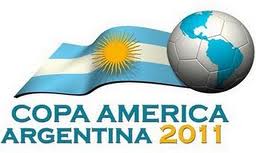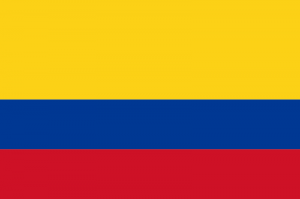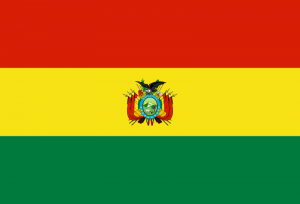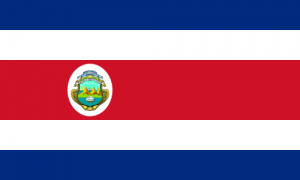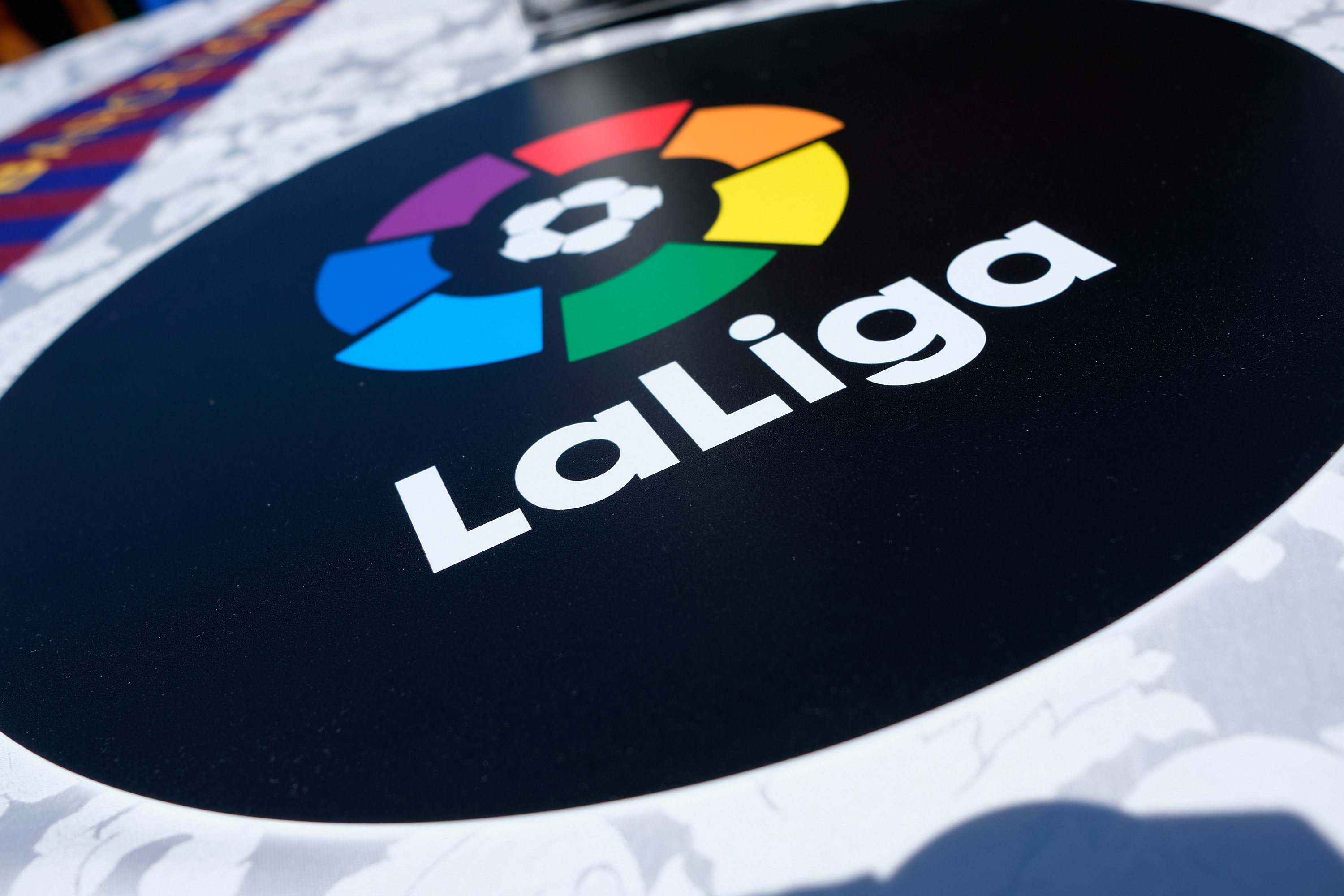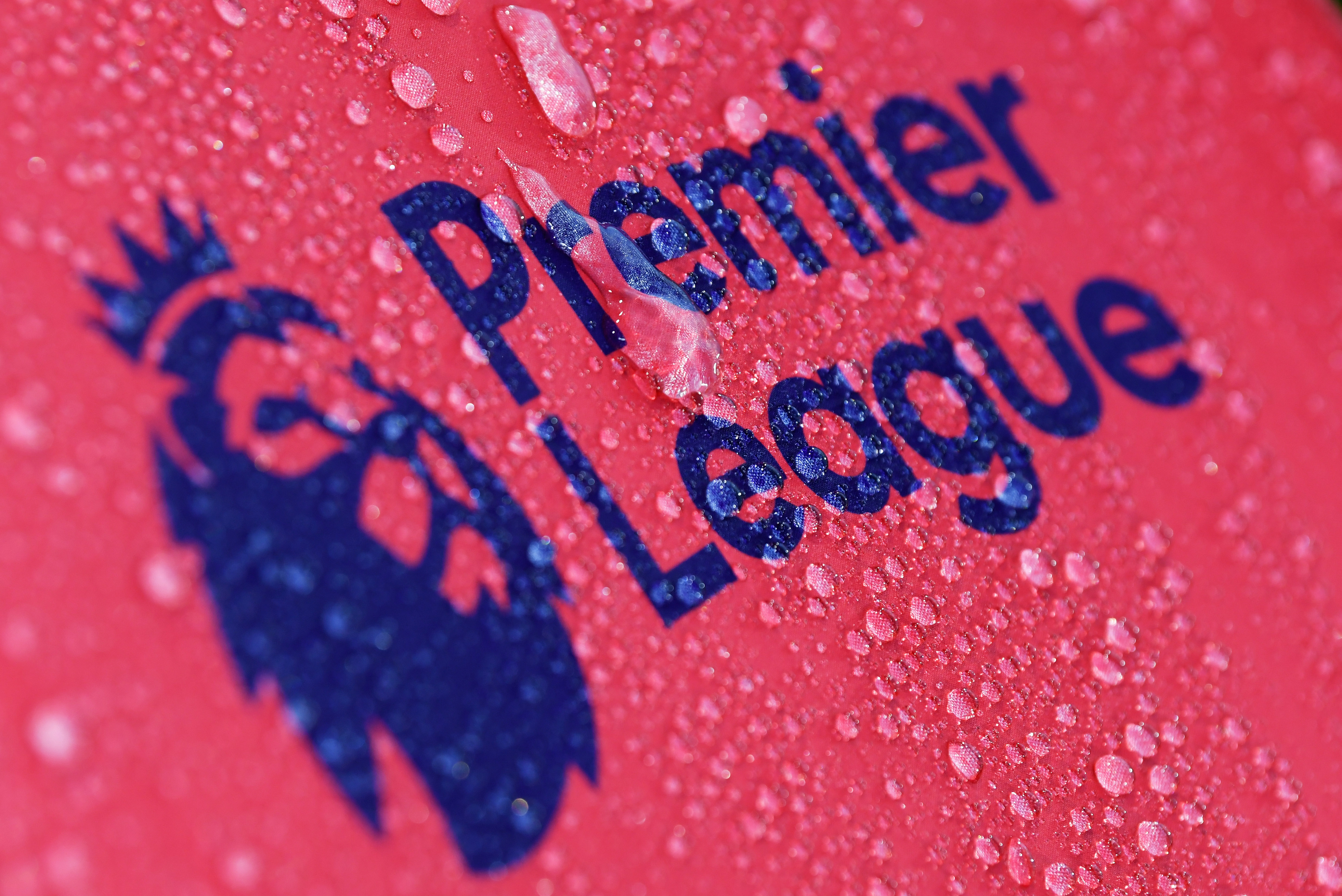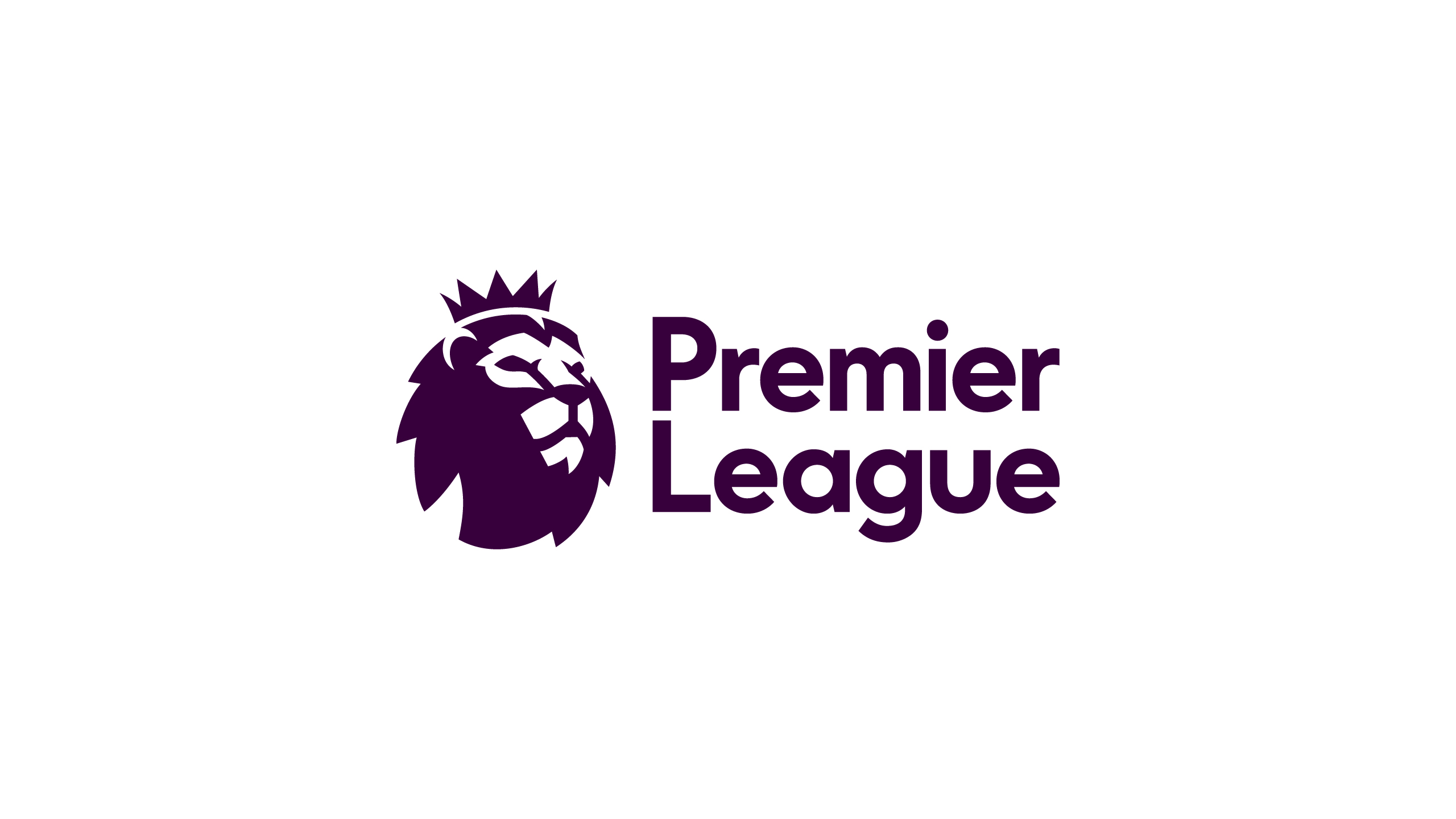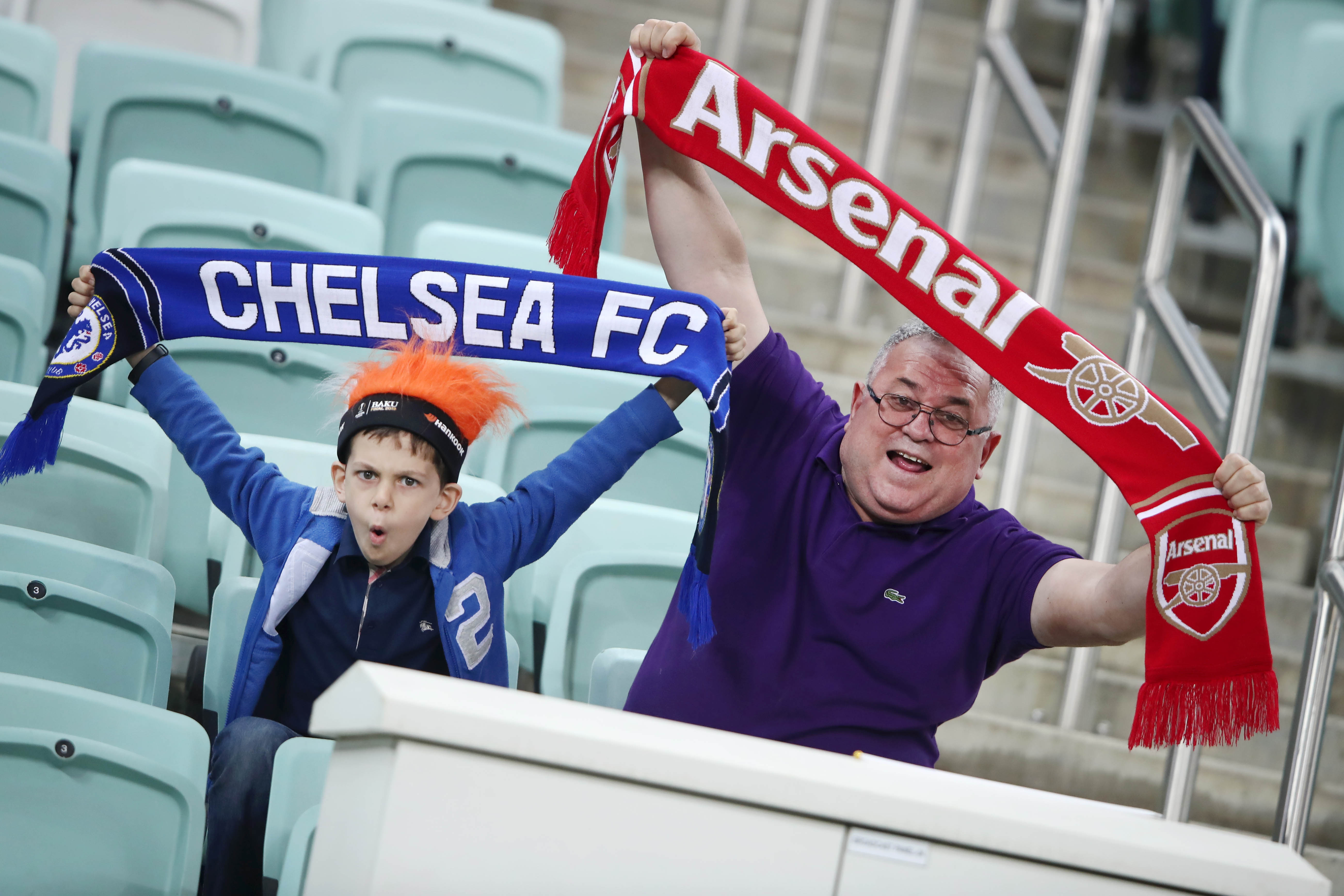ARGENTINA
Team Profile
After 1993, when they won back-to-back Copa America titles, Argentina hasn’t won any major trophy – a drought of almost two decades. This is perhaps the best time for the La Albiceleste to win the coveted trophy as they are hosting the event, for a record 9th time. With the likes of Lionel Messi, Carlos Tevez, Angel Di Maria amongst others, the hosts are surely one of the favourites to lift the cup. Perhaps Argentina is the only team, which can boast of offensive players as good as the World Champions, Spain. However, this is also an opportunity for Leo Messi to prove his detractors, who claim that he cannot function without Xavi and Iniesta, wrong. Maradona once said, “My team is Javier Mascherano and 10 others.” Despite being one of the best players (if not the best), Maradona’s managerial acumen isn’t quite up to the mark but one cannot deny what he said. Mascherano is undoubtedly the vital cog, and after moving from Liverpool to FC Barcelona, he has taken his game to the next level.
Creativity has not been a problem for the Argentina midfield. However, this time, apart from Javier Pastore, the rest of the midfielders are not exactly creative. This might just disrupt the balance of Sergio Batista’s team. Either the team will tend to be over-offensive or ultra-defensive. Messi was used in an extremely deep role in the FIFA World Cup and was not as effective as he can be. In contrast to the 4-4-2 employed in the World Cup, Batista has switched to the more offensive 4-3-3, with Messi on the right.
In Di Maria and Aguero, Argentina will have personnel who can cut in and unlock defenses. Moreover, the extra attention that Messi is bound to garner will definitely allow the rest to find spaces. In this aspect, there’s the problem of plenty. If Messi, Aguero and Di Maria start, Tevez will miss out and that might just not go down well with the bullish Man City forward, who already has a strained relationship with Batista. In Mascherano and Cambiasso, there’ll be a double pivot and defensive midfield should not be a problem. However, the real problem lies in the defense. Apart from the evergreen Zanetti, the rest aren’t exactly up to the mark. Milito has just come back from an extra long injury lay-off and has been so rusty that Guardiola had to employ Mascherano in defense, despite the availability of the former Real Zaragoza defender.
Pablo Zabaleta might be a key man for City, but for his national team he has played just 12 matches and lacks the kind of experience required to make a mark. However, his ability is not being doubted. In fact, in Zabaleta, Batista will have a fullback, who can venture to the final third of the pitch to assist the offensive players. His partnership with Di Maria, will be the key. Rest of the defense is still a matter of concern and can just prove to be the chink in the armour.
Coach
Sergio Batista took over the reins from the legendary Diego Maradona, after a disastrous World Cup exit. Initially appointed as a caretaker manager, Batista’s good work with the team paid off and his appointment was made permanent. Two stunning victories in the form of a 4-1 thrashing of World Champions Spain and a sweet victory against Brazil showed glimpse of what Batista’s team is capable of achieving. As an amendment, Batista called back Cambiasso and Zanetti to the squad and employed a 4-3-3, with Messi on his more influential right side, changing Argentina’s game overnight. However, Batista is yet to come across uphill situations and this version of Copa America will be an acid test for the former midfielder’s managerial acumen.
Key Players: Lionel Messi, Javier Zanetti, Javier Mascherano.
Best Performance: Champions 14 times. Runners-up 12 times.
Prediction: This is Argentina’s best chance of reclaiming the Copa title. With Messi in prime form, anything less than a championship title will be a disaster. Argentina fans would relish the prospect of defeating arch rivals Brazil in the final.
———-
COLOMBIA
Team Profile
Colombia has always had a passionate football following and the fans have never stopped supporting the team even in moments of crisis. After the departure of their talisman, Carlos Valderrama, Colombia failed to make any great impact on the international stage -they last qualified for the FIFA World Cup in 1998. Their biggest moment of glory came when they won the 2001 Copa America held at home, their only Copa America title thus far. Their last Copa campaign ended in a group stage exit, and even their World Cup 2010 qualifying campaign was dismal.
In Radamel Falcao and Mario Yepes, they have two most respected players in Europe. Radamel Falcao is considered to be one of the best finishers in the game, and Yepes’ defensive prowess needs no introduction. The team will rally around and would look for inspiration from these two men. Another player who would have to do his bit would be Fredy Guarin, the Porto midfielder, who has been in fine form this season. The fact that Falcao and Guarin play for the same club, which was very successful last season, should bode well for the national side.
Hernan Gomez employs a 4-5-1 formation, to be precise a 4-1-4-1, with more emphasis on a solid backline. Mario Yepes and Zapata could be in the center of defence, with the left-back position taken by Armero, who was in excellent form for Udinese last season. On the other flank would be Napoli full back Juan Camilo Zuniga, and Columbia would look to them to utilize the flanks and deliver crosses to Radamel Falcao, who is exceptionally good in the air and is a lethal finisher. However, Columbia doesn’t seem to have an alternative plan and this could hurt them in crucial situations.
Coach
Colombia will have Hernán Darío Gómez, a former player for Colombia, guiding the team at the Copa America 2011. El Bollilo is not new to the competition, having managed Ecuador before, but he had resigned after the team disappointed in the Copa 2004. He also has the distinction of leading Ecuador to their first World Cup finals in 2002 and this is his second stint with the Colombia national team, with the previous one being from 1995-1998.
Key Players: Radamel Falcao, Fredy Guarin, Mario Yepes
Best Performance: Champions (2001), Runner- up (1975)
Prediction: Columbia has very good chances of winning against Bolivia and Costa Rica. They can also turn the heat on Argentina when in good flow. This team can make it to the next round.
———-
BOLIVIA
Team Profile
Bolivia got their hands on this trophy in 1963 once, when the tournament was played in their own backyard. They reached the final of 1997’s edition as well – a testament to their advantage over the rest of the continent when it comes to playing at higher altitude. The team is currently not playing too well. They have not won a single game in their last five outings, losing three, one of which was against European minnows Latvia. They have made it to the next round only twice in the last 30 years. La Verde, however, have won their last encounter against Argentina by a margin of 6-1.
Forward Edivaldo Rojas is one of the stars of the team. The Brazilian born and Portugal-based player has been able to add a new dimension in La Verde’s attacking department. There is plenty of buss surrounding former youth team skipper, Arsenal’s Samuel Galindo, who has already been compared with Patrick Vieira. A lot is expected from playmaker Jhasmani Campos and his understanding with club teammate Joselito Vaca as well. The cynosure of the team is, however, striker Marcelo Moreno. The Shakhtar Donetsk targetman had scored in that 6-1 victory over Argentina. Moreno, who has represented the Brazil U20 side as well, carries an aerial threat and is known for his long range shooting and stamina. This could be skipper Ronald Raldes’ last Copa appearance so he would give his best to end the tournament on a high.
Coach
Gustavo Quinteros was born in Argentina but has played professional level football for Bolivia, representing them in World Cup 1994. The former defender then enjoyed successful domestic season with clubs like Bolivar, Blooming and Oriente Petrolero, winning silverware with all of them. Quintero prefers a 5-men midfield in a counter-attacking 4-2-3-1 formation, with a defensive mindset. A lot is expected from the wide-midfielders to create opportunities for the lone striker up front.
Key Players: Marcelo Martins Moreno, Edivaldo Rojas
Best Performance: Champions(1963), Runner-up (1997)
Prediction: In a group consisting of Argentina, Colombia and Costa Rica, one can hardly expect Bolivia to go through to the next round. Their prime target would be to not to finish at the bottom of the group. Playing the first couple of games against two of the favorites of this group, Argentina and Colombia, can work in their favor to finish above Costa Rica.
———-
COSTA RICA
Team Profile
Relative minnows in Copa America, El Ticos have made three appearances in the tournament before. Costa Rica had progressed to the quarter-final in both 2001 and 2004 editions of the Copa. The senior team played in CONCACAF Gold Cup a week ago, so an experimental squad is travelling to Argentina. 17 players out of the Copa squad are Under-23 players, out of which only two players ply their trade in Costa Rican club football. Major chunk of players come from Deportivo Saprissa, the most successful club in Costa Rica and Central America. The team is still reeling from the tragic death of defender Dennis Marshall, who died in a car accident last week.
Randall Brenes will be one of the few stars in an otherwise inexperienced team. The 27 year old striker has a decent 0.33 strike rate in the local league and has represented Costa Rica since 2005. He also has five years experience of playing in Scandinavia. 21 year old striker Josue Martinez got rave reviews for his performances in 2009 Under-20 World Cup, helping Costa Rica finish 4th. Martinez scored two goals in U20 World Cup – one against Czech Republic and other against UAE in the quarter-final. Diego Madrigal and Joel Campbell are two other players worth keeping an eye on. Campbell created a rage in Costa Rica after he top scored in recently concluded U20 CONCACAF Championship with six goals. His goals helped Costa Rica to finish runner-up, behind Mexico in the 12 team competition.
Coach
Ricardo La Volpe is one of the most experienced coaches in the region. In a managerial career spanning close to 30 years, La Volpe has managed the biggest clubs in Mexico, as well as Boca Juniors. He was also the coach of Mexico in 2002 World Cup. Mexico played some brilliant football in Korea and Japan, topping their group ahead of Italy and Croatia, before getting knocked out by USA. La Volpe has urged the supporters and press to be patient as Costa Rica are coming into Copa with a young squad.
Key Players: Josue Martinez, Joel Campbell
Best Performance: Quarter Finals (2001, 2004)
Prediction: It will be a miracle if the young Costa Rican team manages to get anything out of games against Colombia and Argentina. Their best chance is against Bolivia, but based on current form even that seems a tall task.
———-
